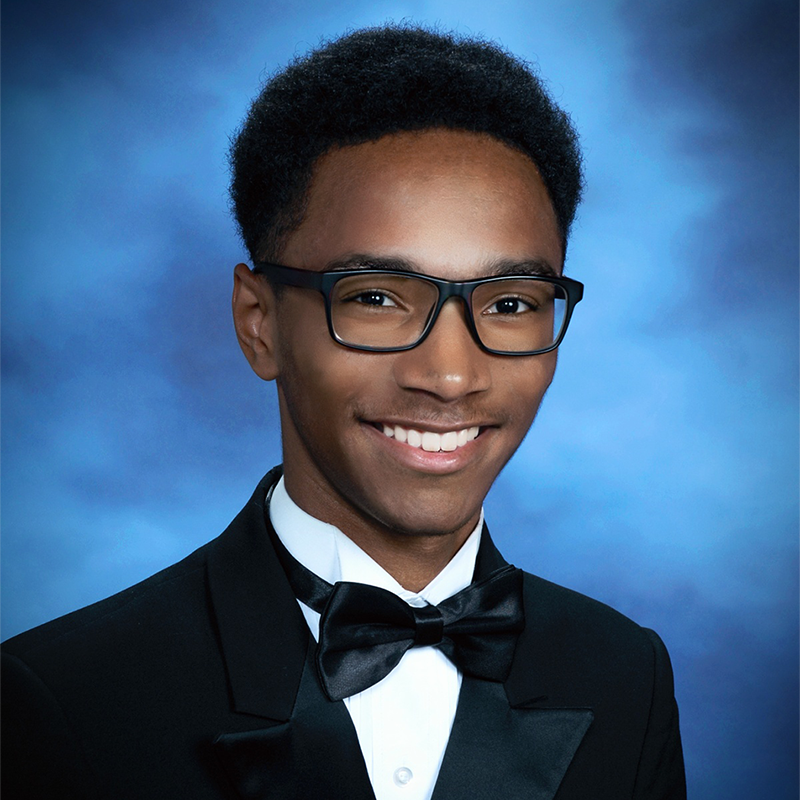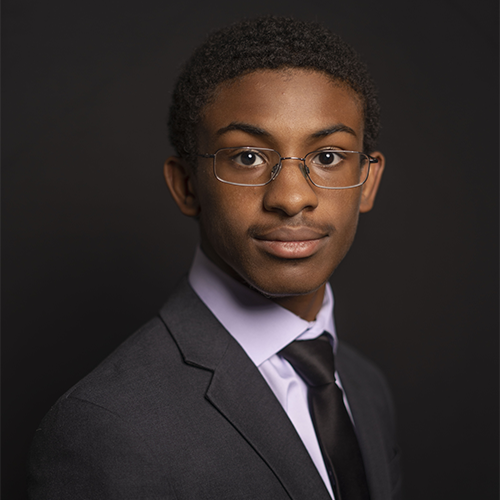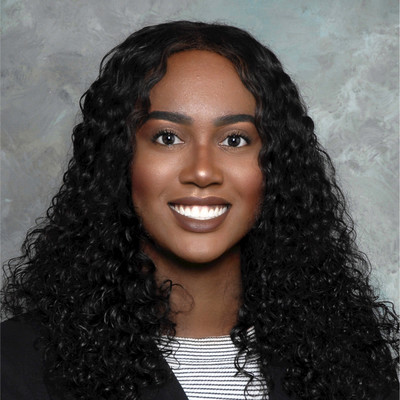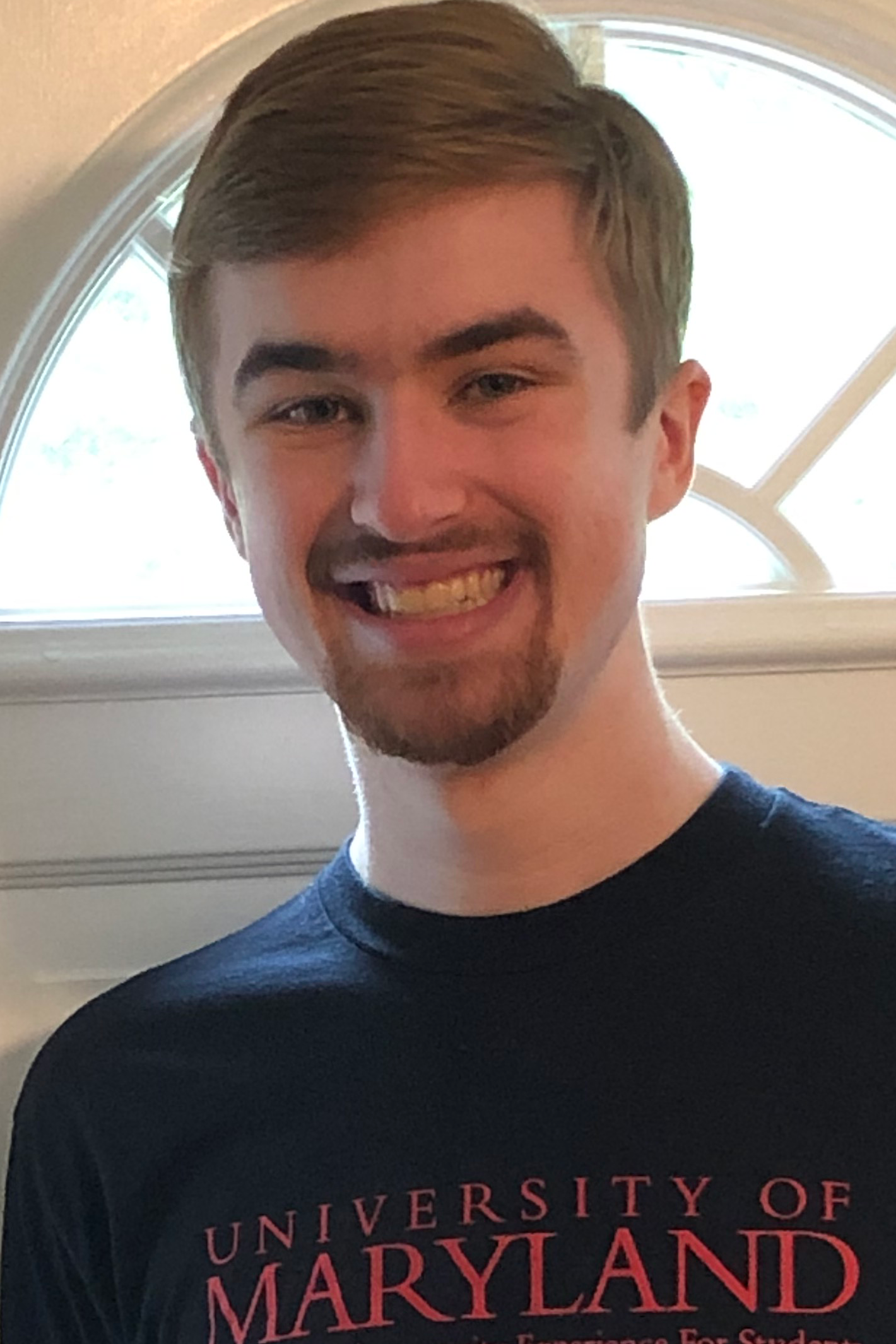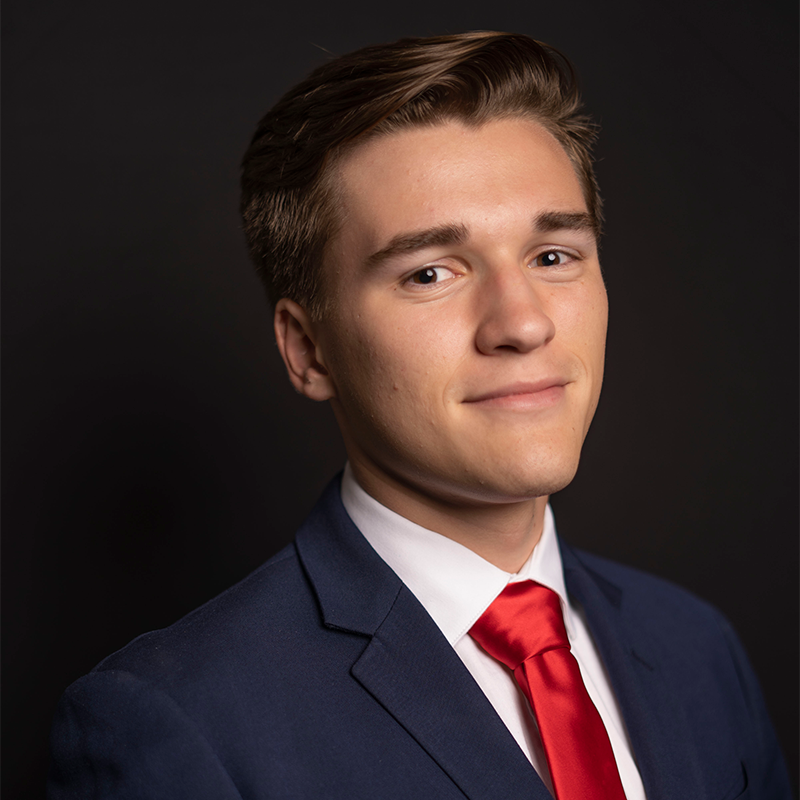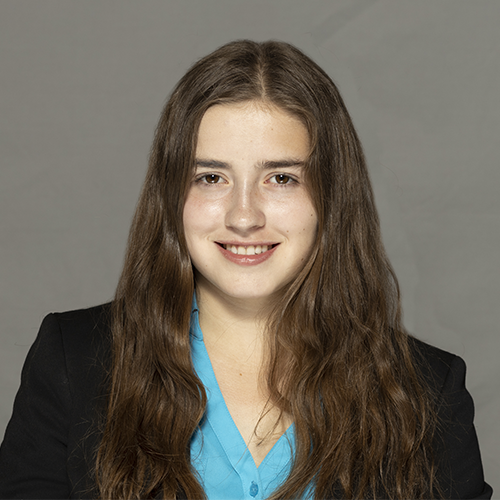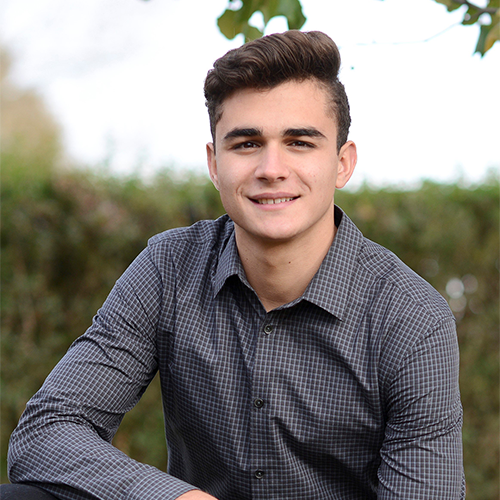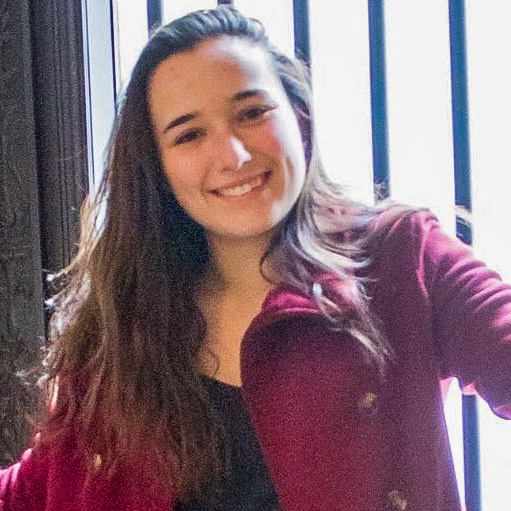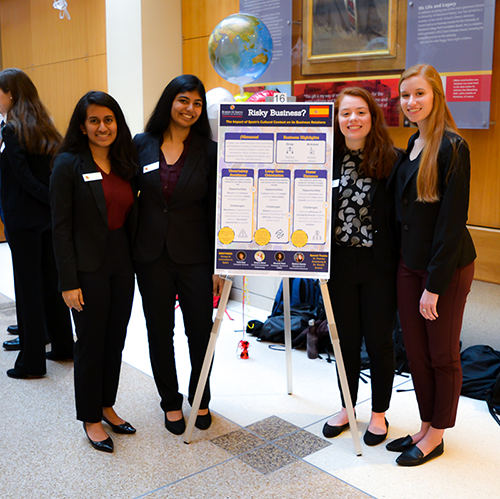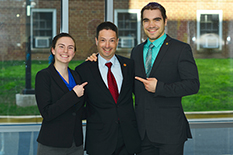News Story
Computer Science Research Presented by ACES Faculty, Alumni, Students

Conference season is officially underway in the world of academia, and the ACES community is no exception to its pull.
Recently, ACES alumni, students, and instructors had their research accepted into the 26th Association for Computing Machinery (ACM) Conference on Computer and Communications Security held in London, United Kingdom from November 11 to November 15, 2019.
Being the flagship annual conference for the Special Interest Group on Security, Audit and Control (SIGSAC) of ACM, the conference has established itself as a high standard research conference among those in the field. The conference strives to bring together information security researchers, practitioners, developers, and users from all over the world to discuss cutting-edge ideas and revolutionary results.
And right on this cutting edge stands ACES alumni Kevin Bock, George Hughey, and assistant professor of computer science Dave Levin, who presented their newest artificial intelligence tool Thursday, their research a response to the fast-growing internet censorship race. Inspired by the principles of genetic evolution, their tool Geneva (short for Genetic Evasion) automatically learns how to circumvent censorship. In tests in China, India and Kazakhstan, it found dozens of ways to combat censorship by exploiting gaps in censors’ logic and finding bugs that the researchers say would have been virtually impossible for humans to find manually.
Kevin Bock ’17, M.S. ’18, is a computer science Ph.D. student at UMD. Currently, he serves as a lecturer for ACES and was a member of the program’s inaugural class. During his time as a student at UMD, he was a member of Levin’s graduate security class, becoming inspired to shift the power balance in the censorship race.
“I noticed that just about all prior work in the space of censorship evasion had been done by researchers manually, and it seemed like this was giving censoring countries a big advantage,” said Bock. “We, as researchers, would spend many months/years working to understand censors and developing tools and systems to defeat censorship manually, but censors can download our tools, read our papers, and update their systems quickly to counteract our efforts.”
These months and years of research gave Bock, as well as Levin and Hughey, the inspiration for the Geneva project: “This time difference gives them a big advantage, and I was curious if we could change up this game to give us the advantage.”
At the conference, the Geneva Project was well-received, giving Bock, Levin, and their team the feedback and inspiration necessary to move forward into new territory.
“Geneva represents the first step toward a whole new arms race in which artificial intelligence systems of censors and evaders compete with one another,” Levin, senior author of the paper, told Marlyland Today. “Ultimately, winning this race means bringing free speech and open communication to millions of users around the world who currently don’t have them.”
Since its conception, a number of individuals have contributed to the project, including ACES alumnus Louis-Henri Merino and current ACES students Tania Arya, Daniel Licinski, Jasraj Singh, and Regina Pogosian.
Additionally, two ACES undergraduates worked with Levin, under UMD PhD student Richard Roberts, within an undergraduate research collective called Breakerspace. Their research, entitled, “You Are Who You Appear to Be: A Longitudinal Study of Domain Impersonation in TLS Certificates,” was also accepted into the ACM CCS Conference.
To learn more about the Geneva Project, read the Maryland Today article at go.umd.edu/iU9.
Published December 2, 2019
